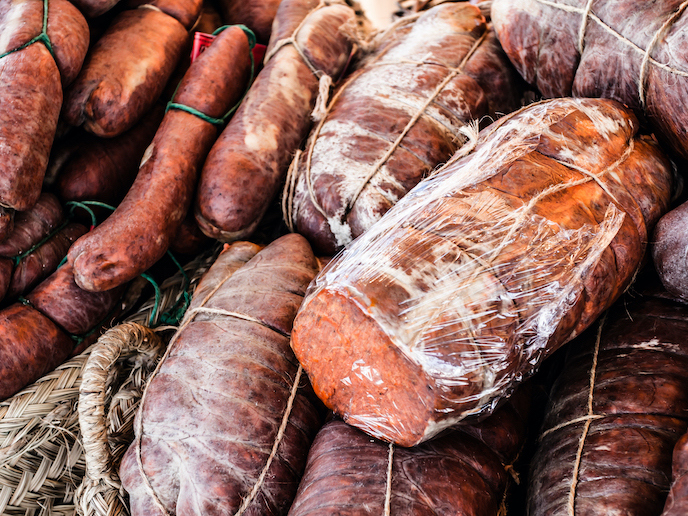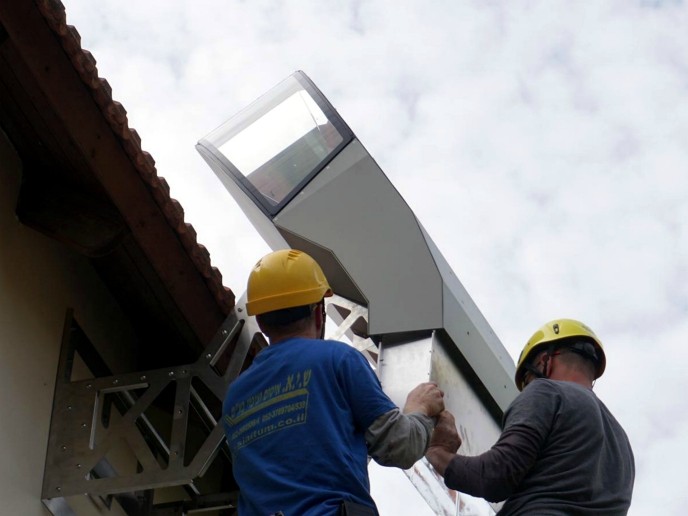Giving artisanal butchers a competitive edge over industrial producers
For decades, the meat processing industry has been dominated by large industrial players. Using chemical preservatives, they have produced sausages, burgers and other meats that benefit from a long shelf life. But this is starting to change. Although people are still barbequing their burgers and enjoying their charcuterie platters, they are now more aware of the health risks of consuming preservatives. As a result, consumers are looking for natural alternatives. As an extension of this, the farm to table trend is also resulting in people looking for locally produced options. All of this represents a big opportunity for local and artisanal butchers. But meeting this demand requires new technological solutions – which is where the EU-funded BioMainca project comes in. “Our goal is to provide artisan butchers the machinery they need to lower costs and extend the shelf life of their high-quality products,” says Jordi Vila González, an engineer at MAINCA, a meat processing equipment manufacturer and lead partner of the BioMainca project.
Cut costs and increase productivity
The project developed a number of solutions, each of which aims to help small producers of sausages, hamburgers and other processed meats become more competitive. For example, one new piece of equipment allows producers to automate production of natural products at a constant temperature of 2 °C without sacrificing their local, traditional taste. According to González, the BioMainca solutions will allow small producers to increase productivity by at least 45 %. “It is very exciting to have demonstrated that it is possible to lower production costs, improve product appearance, and increase organoleptic properties,” explains González. “All this while maintaining the product’s quality and local differentiators.”
An opportunity for everybody
Thanks in part to the BioMainca project, artisanal butchers worldwide will soon have an opportunity to produce high-quality products at an affordable price. “The local butcher has been struggling to compete against the extreme low prices of industrial meat processors,” adds González. “Our machines give these small producers an opportunity to gain market share and everybody the opportunity to enjoy healthier, high-quality products.” According to González, the company plans to begin testing prototypes at a nearby local butcher soon. The team is also conducting tests to certify their machines’ ability to lower the percentage of preservatives used in meat products.
Keywords
BioMainca, artisanal butchers, meat processing, butchers, preservatives, farm to table, MAINCA







